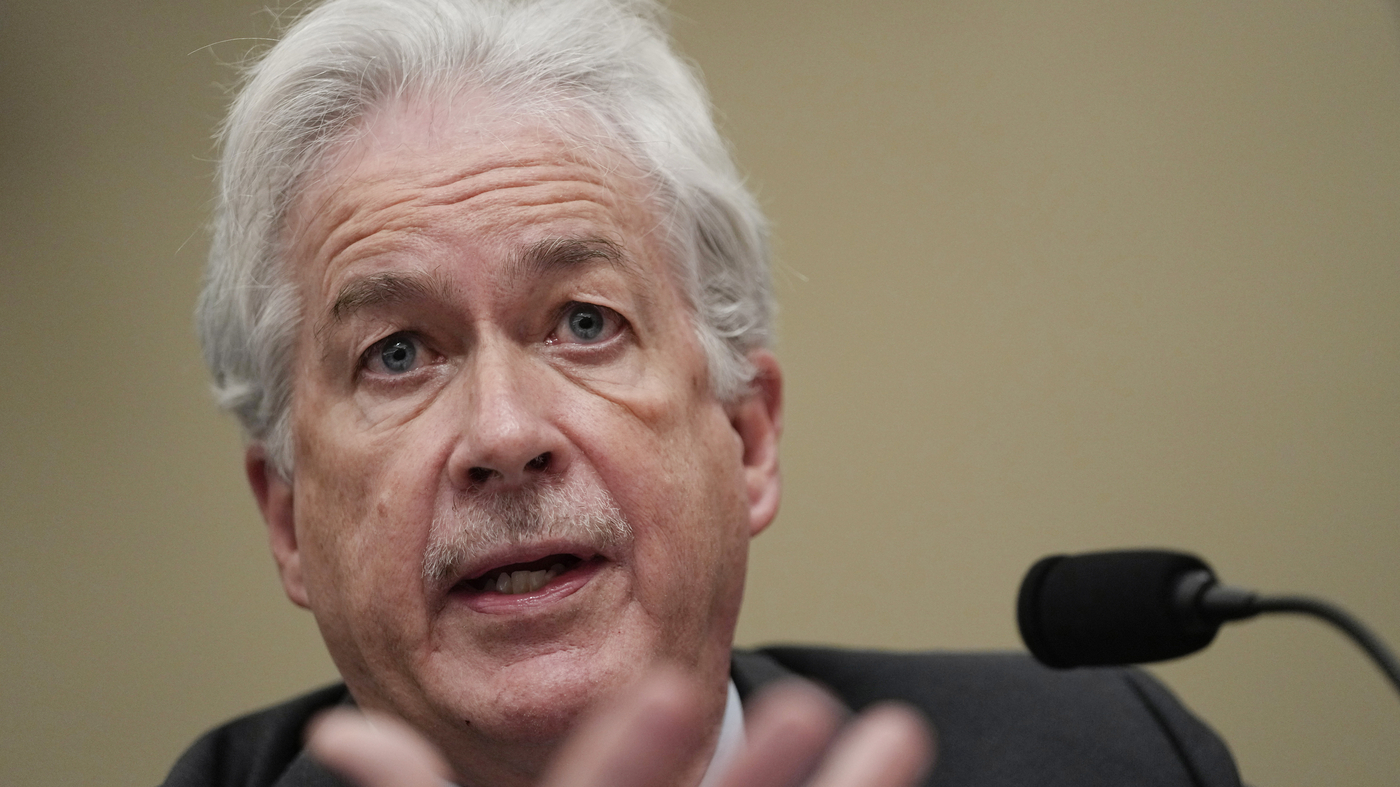
The CIA Director says that the tumult of the uprising will play out for some time
The scarlet sails festival in St. Petersburg: a student holiday in the city of Vladimir Putin and the failure of Putin’s war on Ukraine
TheScarlet Sails festival is a popular holiday in Russia. A celebration of high school graduates held in St. Petersburg, it culminates in a spectacular light show, where ships — including one with scarlet sails — pass along the Neva River, fireworks cracking above them. Teenagers mill about the city and drink on the banks of the river while members of the Russian elite, officials and oligarchs alike, congregate to drink champagne on their luxurious yachts. No one enjoys the occasion more than President Vladimir Putin, who loves this student holiday in his hometown and never misses a private party on the river, watching the ships go by.
In the months leading up to his mutiny, Prigozlin was stepping up his criticism of Russia’s military, accusing senior leadership of incompetence.
William Burns, the director of the CIA, said that the repercussions of the aborted revolt in Russia will not blow over any time soon and that a reminder of the damage done to Russia by President Putin’s regime is necessary.
The paramilitary forces launched a march towards Moscow a week ago to protest Shoigu’s alleged plan to eliminate the mercenary group and fold its fighters into the Russian military. After making it to the outer limits of the capital city of the Russian republic, the Wagner forces called off their mutiny. Alexander Lukashenko helped arrange a deal with the Kremlin that would see the leader of Wagner not be charged for his actions.
Reiterating President Biden’s assertion that the U.S. and its allies played no part in the uprising, Burns said the U.S. “has had and will have no part” in what it says is an internal Russian affair.
Russia’s war on Ukraine was a strategic failure, said Burns, and NATO forces have grown bigger and stronger.
Burns, the U.S. ambassador to Russia between 2005 to 2008, has watched Putin closely for years. The meeting between Burns and Putin took place after the CIA said Russia was planning a full-scale invasion of Ukraine. The visit left him discouraged and convinced that the Russian leader was leaning toward an attack on Ukraine.
The moment of “disaffection” with Putin’s war, Burns said in his remarks Saturday, gives the CIA a rare opportunity to recruit Russian intelligence sources.
“We’re very much open for business,” Burns said, noting that the agency recently posted on the messaging platform Telegram “to let brave Russians know how to contact us safely on the dark web.”

